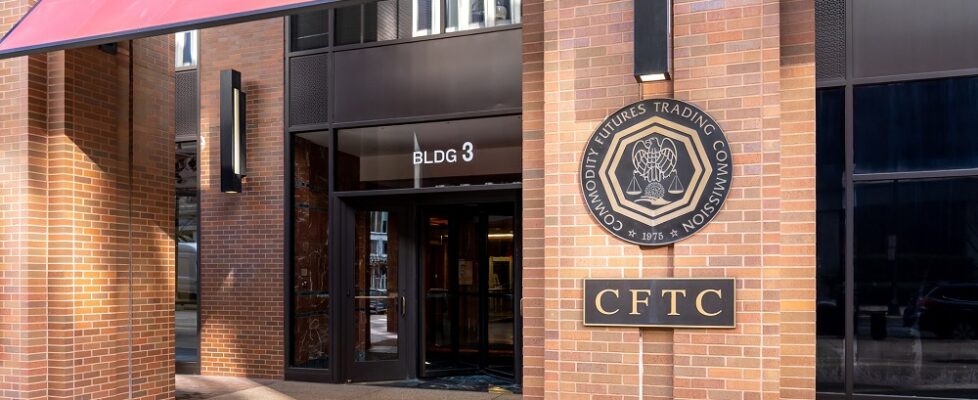CFTC pushes for imposition of $12 million fine on Long Leaf Trading
The Commodity Futures Trading Commission (CFTC) has moved the Illinois Northern District Court for penalties to be imposed on James Donelson, Jeremy Ruth, and Long Leaf Trading Group.
This happens less than a month after the regulator secured a partial summary judgment against the defendants. Now, the CFTC is pushing for fines and trading bans.
On August 23, 2022, the CFTC filed a motion for supplemental relief with the Illinois Northern District Court.
The CFTC notes that the defendants’ participation in a years-long, multimillion-dollar options fraud scheme justifies an injunction against the trading or ownership of commodity interests, i.e., commodity futures, options, or swaps, as well as an injunction against applying for or acting in the capacity of a CFTC registrant. It also justifies imposition of the maximum civil monetary penalty allowable under 7 U.S.C. § 13a-1, which here is triple Defendants’ ill-gotten gains.
The foregoing relief is necessary to protect the public and the commodity markets from the defendants, as well as to punish the defendants and deter them (and other would-be fraudsters) from future violations of the Commodity Exchange Act and CFTC Regulations.
According to the CFTC, Donelson should be required to pay a civil monetary penalty of $3,706,239; Long Leaf should be required to pay a CMP of $12,032,982; and Ruth should be required to pay a CMP of $904,624.17.
The Commission explains that, to impose a lesser penalty would fail to appropriately penalize Defendants for their protracted, willful misconduct. Imposing a lesser penalty would also encourage would-be fraudsters to try their luck; if the penalty for fraud is simply returning what a fraudster owes to customers plus ill-gotten gains, that simply restores the parties to the status quo.
The CFTC alleges that Long Leaf was a boiler room that skirted registration and regulatory requirements and cheated and defrauded substantially all of its clients over its approximately five-year existence. Long Leaf did not register as a CTA and it did not provide customers with the required disclosure document.
In addition to its registration and regulatory violations, Long Leaf defrauded its customers through a scheme that spanned the ownership of both Defendant Timothy Evans (2015–November 2017) and Donelson (December 2017–December 2019). The fraud generally took the form of misrepresentations about the company’s performance, the qualifications of its management, and omissions of track record information— all of which are items that courts have long held are material as a matter of law in this context.
Long Leaf’s misrepresentations and omissions were memorialized in pitch scripts and other solicitation materials that were used by Long Leaf’s broker staff as they sat each day cold-calling hundreds of potential customers.
Customers who participated in the trading program sustained losses totaling $5,767,145.





